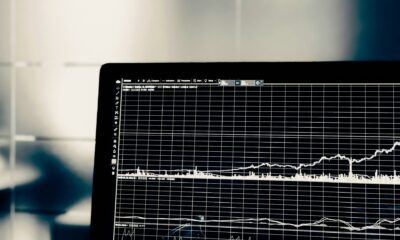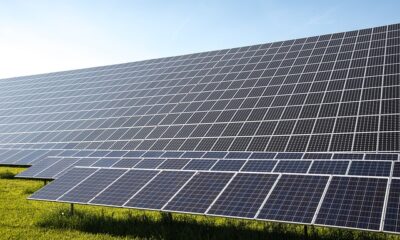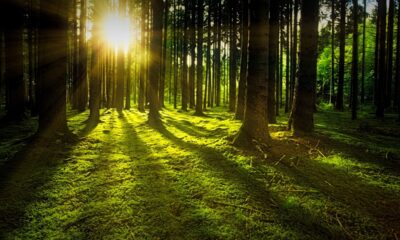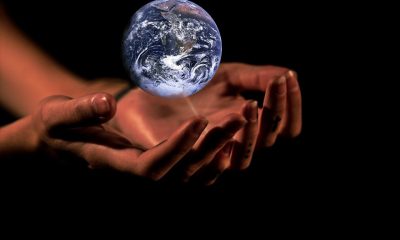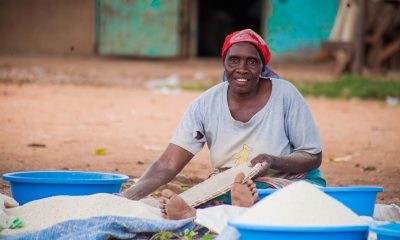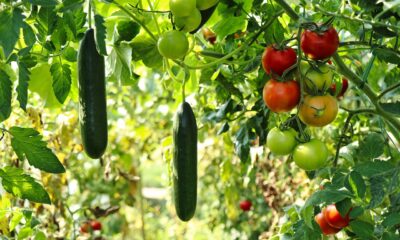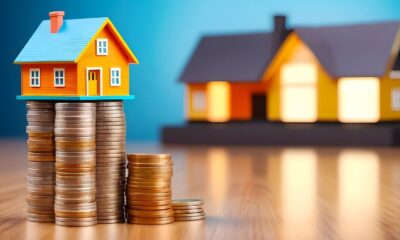Africa
Sahel Region: the African Development Bank commits $6.5 billion to the Great Green Wall Initiative
The plan for the Great Green Wall is to plant a mosaic of trees, grasslands, vegetation and plants over 8,000 kilometers long and 15 kilometers wide across the Sahara and Sahel. Other commitments made during the forum included $1.2 billion (€1 billion) from the European Investment Bank and $730 million (€600 million) from the French Development Agency (AFD).
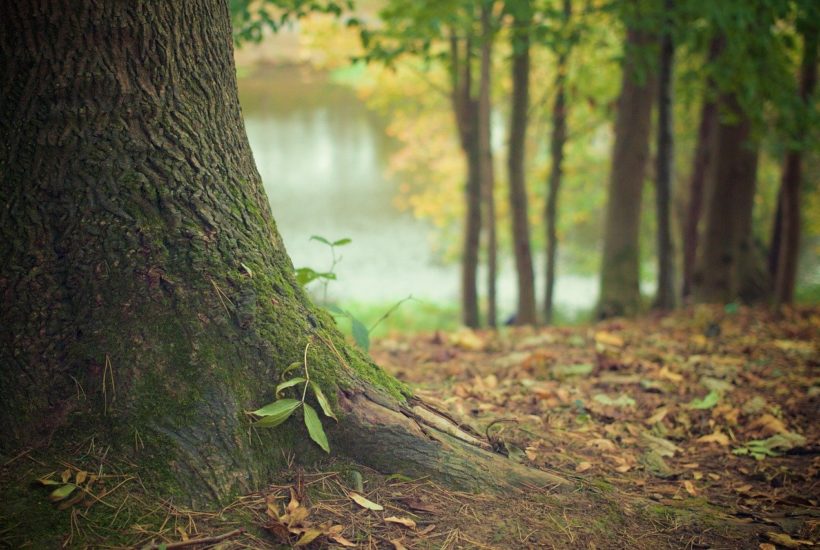
The Great Green Wall in the Sahel region received major support from the African Development Bank on Monday, January 11th, which pledged, at a forum co-chaired by French President Emmanuel Macron and His Royal Highness the Prince of Wales, to help mobilize up to $6.5 billion over five years to advance this historic initiative.
These resources will be used to implement a series of programs in support of the Great Green Wall, drawing on internal and external funding sources, including the Sustainable Energy Fund for Africa (SEFA), the Green Climate Fund (GCCF), and the Global Environment Facility (GEF).
Find more details about the Great Green Wall initiative and read the latest economic news from around the world with the Born2Invest mobile app.
Africa’s current desert landscape to be restored
Multilateral development partners have joined the Bank to help mobilize funding for this African-led initiative, which aims to restore Africa’s current desert landscapes, ensuring food security, creating jobs, and retaining millions of Africans from Senegal to Djibouti in the Sahel region. The forum was held on the sidelines of the One Planet Summit.
“At a time when we are recovering from coronavirus and its impact on our world, we must readjust our growth model. We must prioritize growth that protects the environment and biodiversity, and stop focusing on growth that compromises our common good,” said Bank President Akinwumi A. Adesina.
Speaking via video conference from Abidjan, Adesina warned participants: “The Great Green Wall is part of Africa’s environmental defense system – a shield against the onslaught of desertification and (environmental) degradation. The future of the Sahel region in Africa depends on the Great Green Wall. Without it, the Sahel risks disappearing under the impact of climate change and desertification.”
Climate change is causing extreme temperatures, fluctuating rainfall and drought in the Sahel, a region where 250 million people in ten countries live, whose livelihoods and hard-won development gains are threatened.
The plan for the Great Green Wall is to plant a mosaic of trees, grasslands, vegetation and plants 8,000 kilometers long and 15 kilometers wide across the Sahara and Sahel to restore degraded lands and help people in the region produce adequate food, create jobs and promote peace.
“The Great Green Wall is a wall worth building. A wall that brings people together, not a wall that separates them. A wall that shelters, not a wall that isolates. A wall that protects our collective existence. A wall for the environment – a wall for the planet,” argued Adesina.
Lack of funding has been the project’s main constraint in achieving its goal of creating ten million jobs, sequestering 250 million tons of carbon and restoring 100 million hectares of degraded land in the eleven countries of the Sahelo-Saharan region.
The Bank has made the Sahel region a top priority for investment and mobilization of new sources of financing to advance Africa’s climate opportunities. This is the case of the “Desert to Power” program to create the world’s largest solar energy zone.
The program will provide electricity to 250 million people in eleven Sahelian countries and help protect the Great Green Wall. Over the next five years, Desert to Power will work to mobilize up to $2 billion for targeted projects under the Great Green Wall initiative.
The lack of resources to adapt the region’s economies to the consequences of climate change is also one of the main development challenges in the Sahel. The Global Center on Adaptation (GCA), hosted by the African Development Bank, specifically aims to mobilize resources and find solutions that will boost Africa’s progress in adapting to climate change.
“The creation of GCA Africa marks a crucial step in our attempt to accelerate and strengthen our efforts to address the triple challenge of biodiversity loss, land degradation and climate change adaptation on the continent. We will develop and implement joint programs that will mobilize large-scale resources in support of the Great Green Wall,” said Kevin Kariuki, African Development Bank Vice President in charge of Energy, Climate Change and Green Growth.
The Technology for Agricultural Transformation in Africa (TAAT) program is another key initiative of the Bank to transform the Sahel into a land of opportunity and inclusive green growth. Its goal is to increase food production in Africa by 100 million tons and lift 40 million people out of poverty by 2025 by harnessing proven high-impact technologies to increase productivity, mitigate risk and promote diversification and transformation. For example, TAAT has enabled Sudanese farmers to have access to drought-resistant maize.
In a solemn declaration, French President Emmanuel Macron named President Akinwumi A. Adesina as Champion of the Great Green Wall. Adesina was recognized for his personal commitment to the fight against climate change in Africa. This distinction will enable the Bank President to play an important role in mobilizing political and economic support for the initiative.
Other commitments made during the forum included $1.2 billion (€1 billion) from the European Investment Bank for new financial and technical support for sustainable agriculture, clean energy financing, water, infrastructure and the private sector in 11 Sahelian countries, and $730 million (€600 million) from the French Development Agency (AFD).
__
(Featured image by Picography via Pixabay)
DISCLAIMER: This article was written by a third party contributor and does not reflect the opinion of Born2Invest, its management, staff or its associates. Please review our disclaimer for more information.
This article may include forward-looking statements. These forward-looking statements generally are identified by the words “believe,” “project,” “estimate,” “become,” “plan,” “will,” and similar expressions. These forward-looking statements involve known and unknown risks as well as uncertainties, including those discussed in the following cautionary statements and elsewhere in this article and on this site. Although the Company may believe that its expectations are based on reasonable assumptions, the actual results that the Company may achieve may differ materially from any forward-looking statements, which reflect the opinions of the management of the Company only as of the date hereof. Additionally, please make sure to read these important disclosures.
First published in lefaso.net, a third-party contributor translated and adapted the article from the original. In case of discrepancy, the original will prevail.
Although we made reasonable efforts to provide accurate translations, some parts may be incorrect. Born2Invest assumes no responsibility for errors, omissions or ambiguities in the translations provided on this website. Any person or entity relying on translated content does so at their own risk. Born2Invest is not responsible for losses caused by such reliance on the accuracy or reliability of translated information. If you wish to report an error or inaccuracy in the translation, we encourage you to contact us.

-
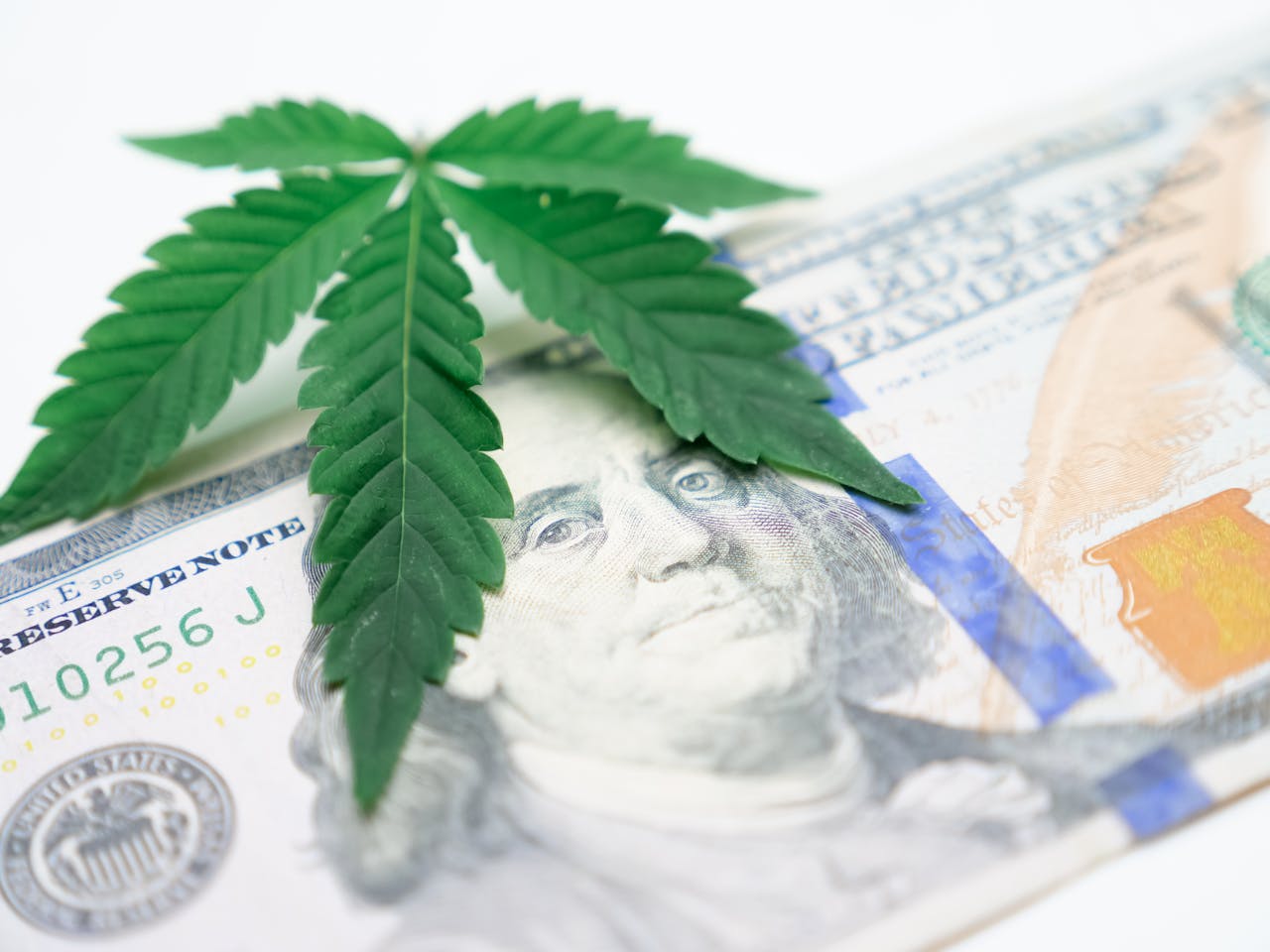
 Cannabis1 week ago
Cannabis1 week agoJuicyFields – the Largest Investment Fraud in the Cannabis Industry
-
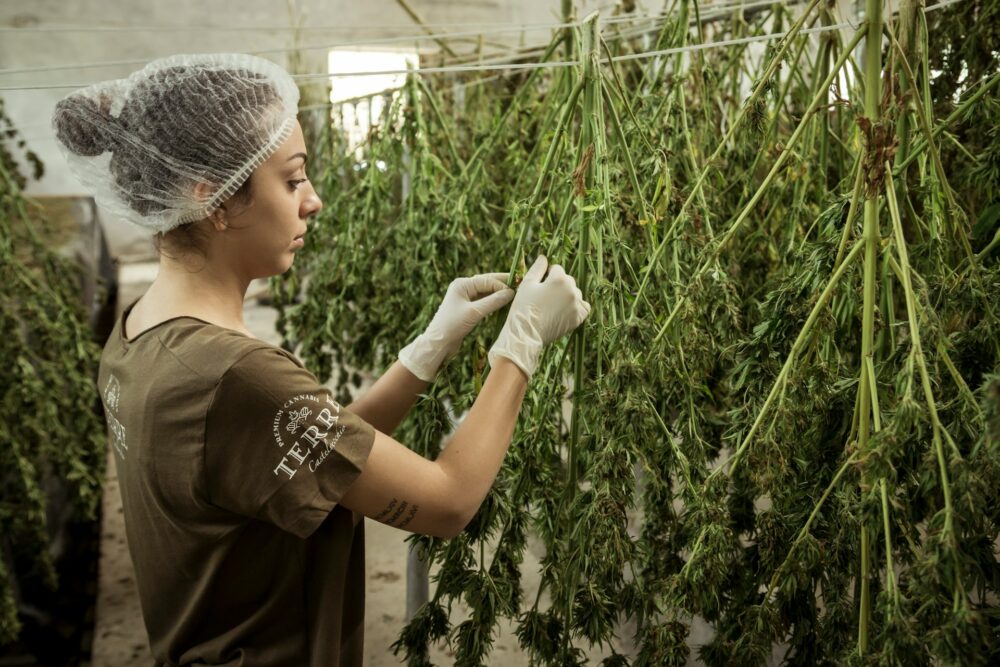
 Cannabis2 weeks ago
Cannabis2 weeks agoThe Legal Cannabis Industry in the U.S. Provides Over 440,000 Full-Time Jobs
-
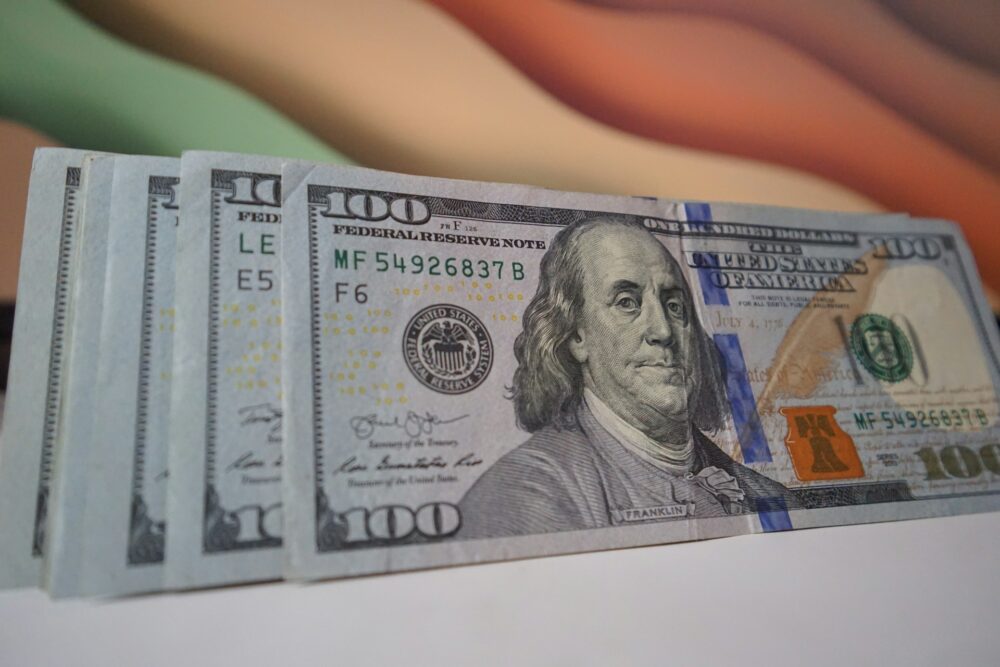
 Business4 days ago
Business4 days agoBananas Grow in Washington: Powell and FOMC Pinning for Rate Cuts
-
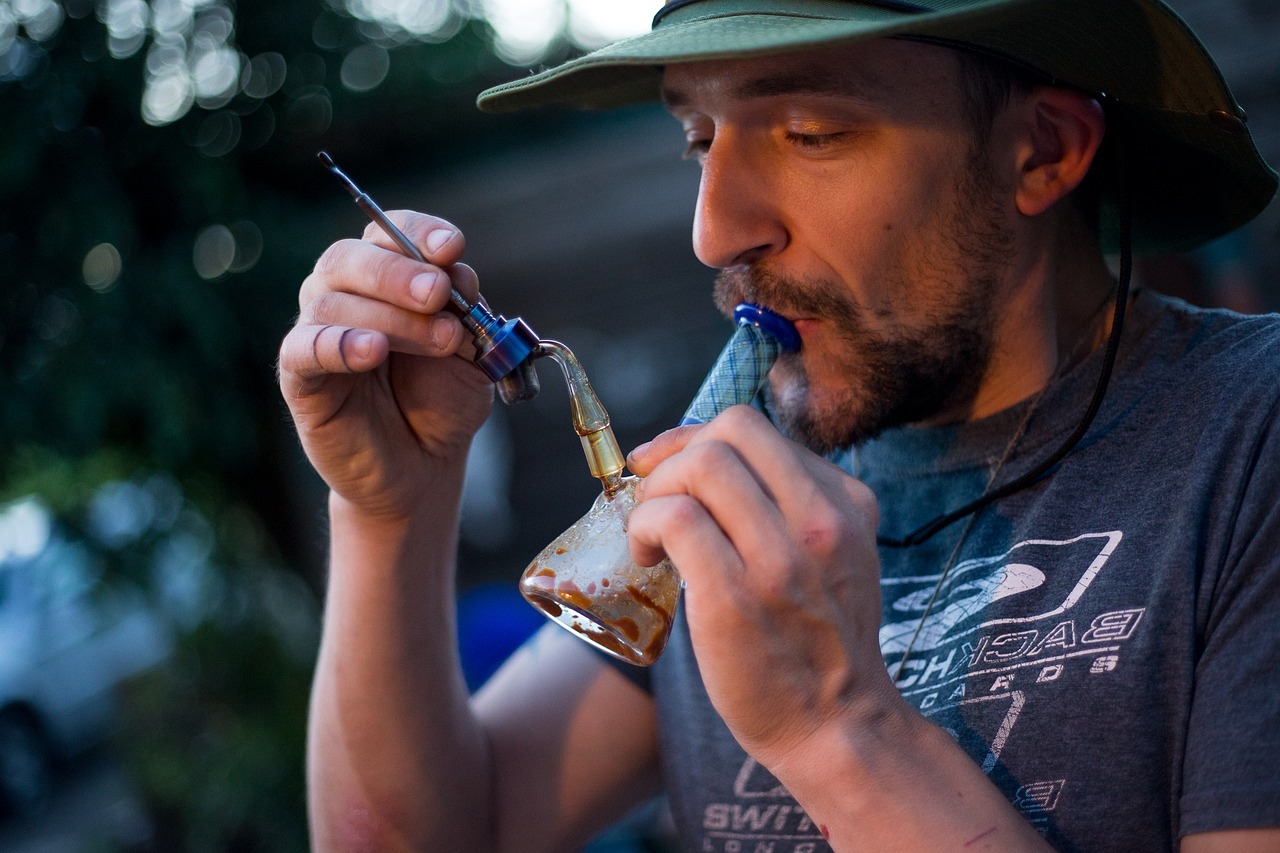
 Cannabis1 week ago
Cannabis1 week agoCannabis Legalization Reduces the Likelihood of Youth Using It
